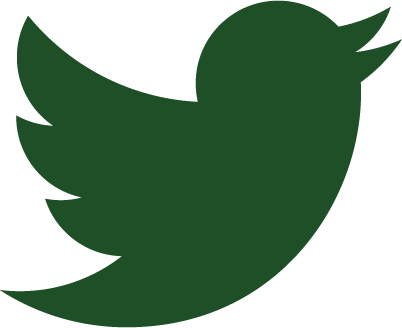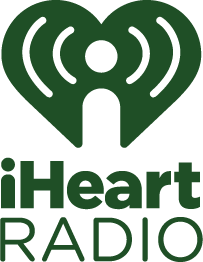Developing a Great Referral Strategy
Organic growth is one of the healthiest things for your business and having a good referral strategy is paramount to your success. By having a good referral strategy, growth can happen much more quickly and easily than other leads sources. Getting referrals from clients, partners and centers of influence shows your business philosophy is successful, and you have a brand that others want to associate with. It also shows that you understand the power of referrals and what it takes to be successful. which means providing value, asking the right questions, and having a great network. Here are just a few tips around referral strategy:
Build Your Relationships:
The cornerstone of good referral strategy revolves around trust and your ability to build deep relationships with your COIs, partners and clients. John Jantsch, author of the Referral Engine believes that: “In the business of referrals, trust is the most important reason a recommendation is made and conversely lack of trust is the single greatest reason referrals don’t happen.” There are many ways you can build your relationships to deepen trust and many involve time out of your schedule which most people fail to recognize and act upon. Regular meetings (virtual or in person) with key people in your network are hugely important because each time you meet, you have the opportunity to build stronger relationships and learn more about their business and how you can help. That’s the key to building strong relationships; asking them good questions, understanding their needs and understanding how you can help them. Anyone that knows me, knows that I’m a firm believer in “giving-to-get” and you won’t know how you can help someone unless you’re meeting with them. Plus, getting to know someone builds long-lasting bonds that can benefit both parties for years to come. Remember: People want to do business with people they like and trust.
Asking for Referrals:
Once you have a solid network of key individuals that you’re providing value to, it’s time to think about asking for a referral. If you’ve been providing value to this network, then you shouldn’t hesitate. Check this out: According to a marketing survey conducted by Texas Tech, 83% of satisfied customers are willing to refer to products and services. But, only 29% actually do. I think this is such a telling statistic and it points to how many of us feel about asking. We’re hesitant to ask our clients or friends because we think we’re inconveniencing them (or some other reason), when in fact, in most cases they are happy to help us. When asking here are a couple of things to consider:
Be specific. Don’t ask for an introduction to someone at some company. Find out a specific person you’d like an introduction to
Do your research. Look on LinkedIn to see who your client, COI or partner has relationships with. Are there any in their network that could be potential clients?
Make it easy. Provide your referral partner with a description of your company and value proposition. Write the referral email for them if that’s how they intend to do the introduction
Develop A Good Follow Up System:
Once you get a referral from your network, you must treat that with the utmost respect even if it’s not the best fit for your business. I can’t tell you how important it is to follow up immediately with the prospect and the referral partner. If you don’t, it shows your referral partner that you don’t value their time and the relationship they have with the potential prospect. It shows the prospect that you’re not that excited about meeting with them and your respect level of the referral partner. Here’s what I do:
When a referral is sent to me (usually via email), I email back both the referral partner (thanking them) and the prospect the same day I receive the referral
Once I set an appointment with the prospect, I send an email to my referral partner informing them of our meeting
Once I meet with the prospect, I email my referral partner again to let them know how the meeting went and any next steps. At the same time, I’ll ask how I can help reciprocate the kind gesture
Once the prospect is closed or not, I will let my referral partner know what happened and why it was a good fit or not. That way, they can become even better informed about my best prospects
It goes without saying that I treat the prospect with the utmost of care and even if I can’t help them I will try to give them some value. I want my referral partner to know that they can trust that I will take care of the person they referred me to
There’s so much more to talk about when it comes to referral strategy but I hope this got the wheels turning. Now…It’s time to amplify your referral strategy in 2023. Don’t underestimate the power of human connections, provide value and follow up when it comes to growing your business through referrals.
Partner with Dinkel Business Development, LLC Today
If you want to learn more about good referral strategy and the benefits of metric-driven business development, we’re here to help. Please call us at 443.226.0163 or reach us via email at john@dinkelbd.com to get started.
Photo by LinkedIn Sales Solutions on Unsplash



